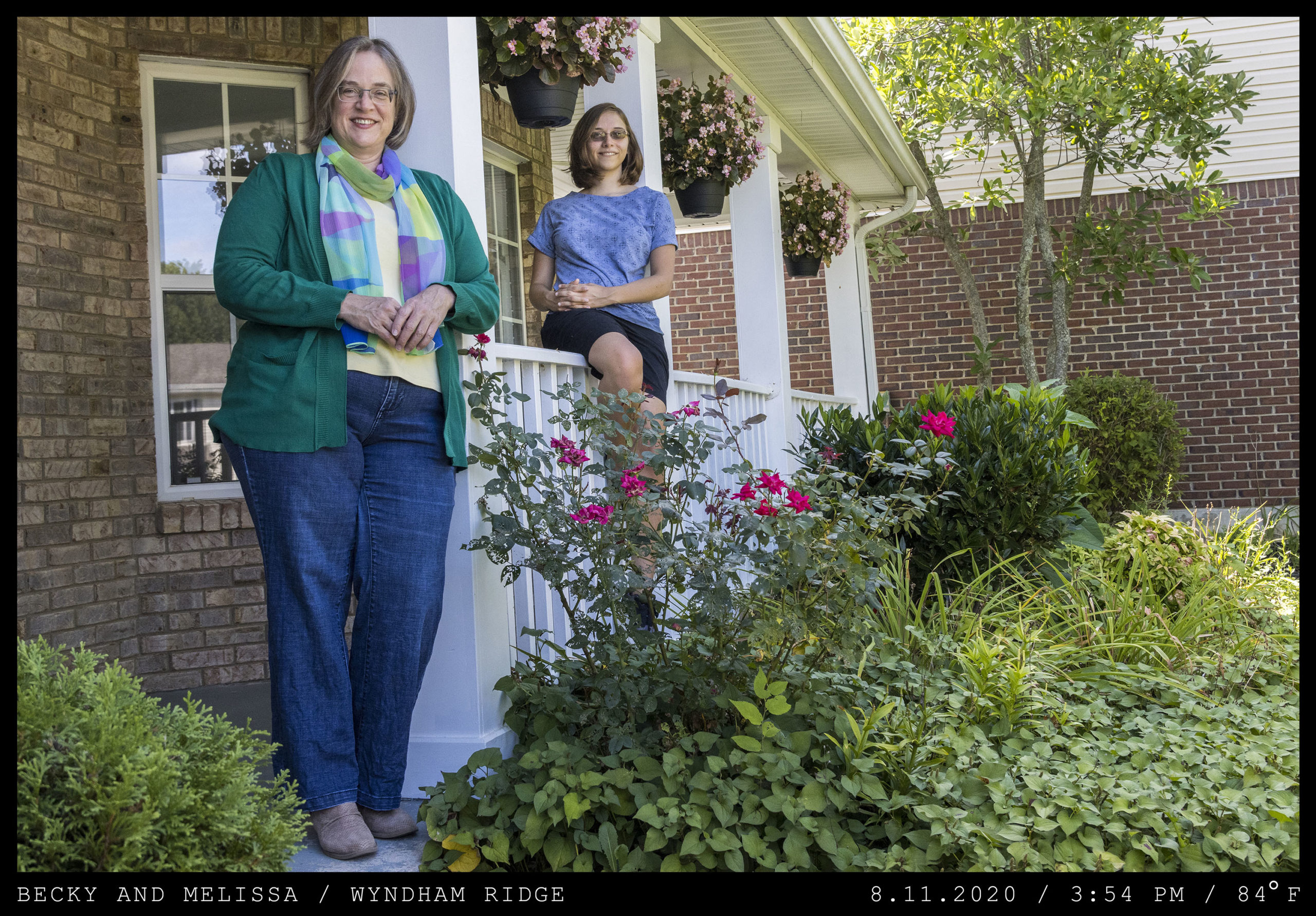Rebecca Thomas is Vice President for Academic Affairs and Dean of Transylvania University
Becky: “So what is it like to start a job as dean during a pandemic? Arriving at a new institution always means learning the local academic culture, the mission, the politics, the aspirations, the resentments. What resources are there to be allocated? What academic goals is the institution striving to achieve, and are those the right goals? Some of that necessary context can be found in various documents—strategic plans and mission statements and faculty handbooks—and some can only be learned in conversation with new colleagues. It would have been great to spend a few weeks reading and meeting people, but the demands of 2020 are different.
How is it starting a job, this job, during a pandemic? Well, as we all know, everything is harder right now. Some people have experienced great loss, everybody is trying to navigate new ways to work and to live, and lurking under it all is fear. Fears of illness, about the economy, for loved ones; fear that it will always be like this from now on. Everyone at Transylvania has been so warm and welcoming to me, but I can see that people are tired and stretched thin. In response, I think it’s been important to try to convey that I do see that, to communicate that I have to ask even more from people, but that at least I understand and appreciate the heavy lifting they are already doing.
Higher education has been in a slow-moving crisis for a number of years, and now the pandemic has upended some of our fundamental assumptions. For example, we have constructed our campuses to facilitate personal interactions because that is something we rely on. We want students in the classrooms and dorms to encounter each other, to talk to each other, and to disagree, challenge each other, work it out. Now we are trying to figure out how to physically distance in spaces that are designed to bring people into conversation. Our fundamental assumptions about what higher education requires in order to be effective are called into question. It reminds me of one October day when I was working in my graduate student office at Stanford and was interrupted by an earthquake. Usually the quakes stopped after a few seconds, but this one kept intensifying, so I moved outside. I stood there watching the cars rising and falling as wave after wave coursed across the parking lot, and what shook me at that moment was the betrayal of my understanding and faith that the ground under our feet does not move. Sometimes, actually, it does. And sometimes, actually, a pandemic happens and we adapt by wearing masks and keeping physical distance and interacting online, even as we look forward to the day that the shaking stops and we come back together in our classrooms and dorms and athletic fields.
Starting this job, at this time, with the ground shaking around us, means focusing on our institutional mission and discerning what we must preserve, what we must adapt, and what we might temporarily release, while always having the future in mind so we are ready when the stillness comes.”

